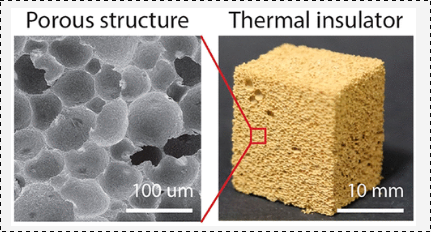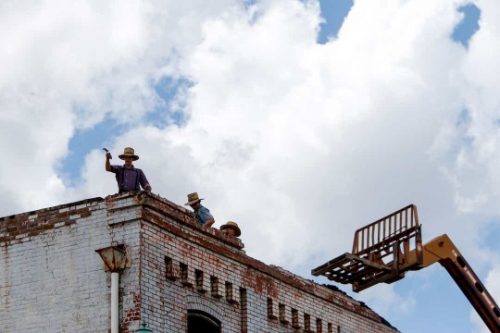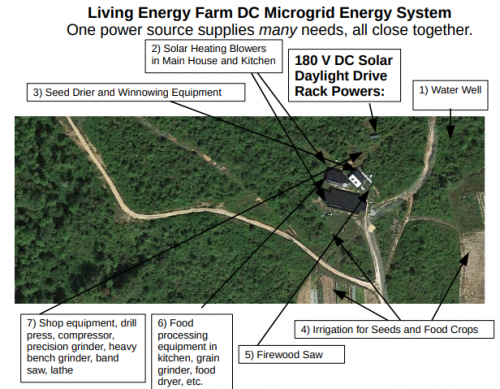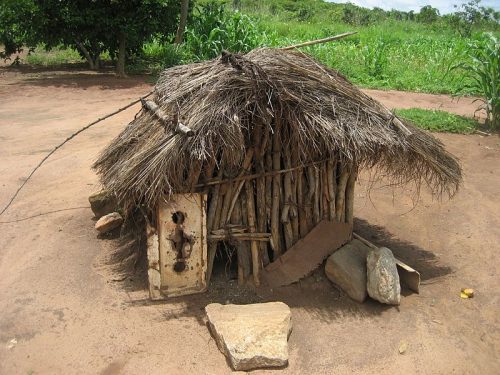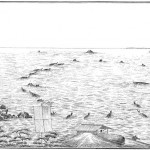“Thermal insulators are crucial to reduce the high energy demands and greenhouse emissions in the construction sector. However, the fabrication of insulating materials that are cost-effective, fire resistant, and environmental-friendly remains a major challenge. In this work, we present a room-temperature processing route to fabricate porous insulators using foams made from recyclable clays that can be locally resourced at very low costs.”
Read more: Minas, Clara, et al. “Foaming of Recyclable Clays into Energy-Efficient Low-Cost Thermal Insulators.” ACS Sustainable Chemistry & Engineering (2019).
